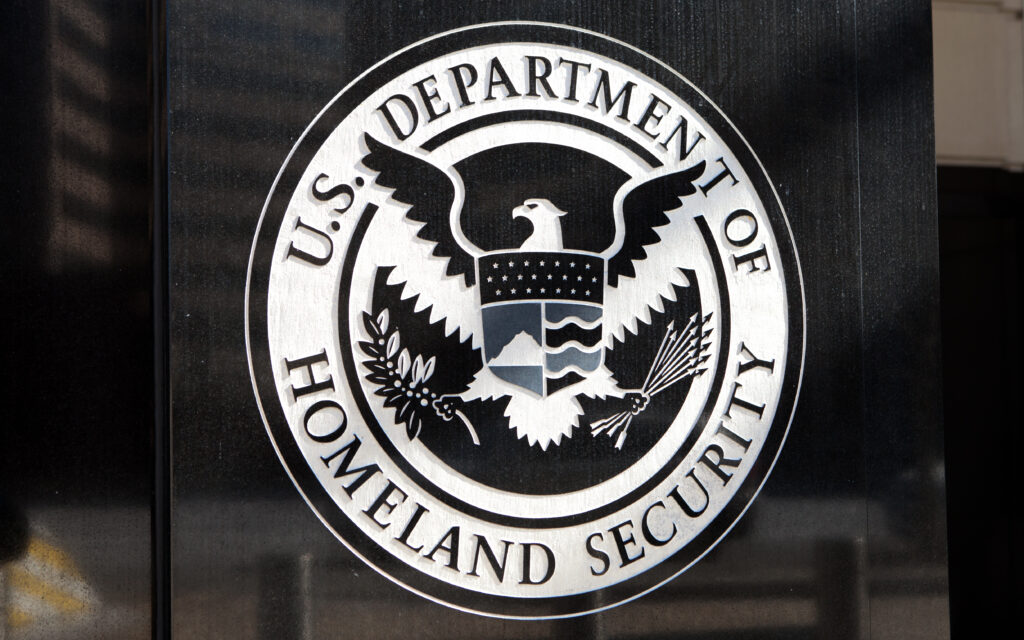U.S. Immigration and Customs Enforcement’s (ICE) Office of the Principal Legal Advisor (OPLA) issued a new memorandum on May 27 that provides guidance on how its attorneys can and should exercise prosecutorial discretion.
In the memo, which was made public on Friday, the lead government attorney for the Department of Homeland Security (DHS) in immigration court proceedings reiterated the enforcement priorities laid out in the agency’s February 18 interim guidance memo. The new memo elaborates on ways government attorneys can implement that interim guidance.
OPLA attorneys can take several actions in cases for people who are not enforcement priorities.
The new memo reinforces the necessity and importance of the exercise of prosecutorial discretion—a practice that was essentially eliminated under the Trump administration. ICE personnel can exercise prosecutorial discretion at all stages of an immigration proceeding to decide who to put into removal proceedings, detain, or release. They can also use this practice to decide whose cases to pursue, dismiss, or administratively close, and even who should be granted more time to prepare for their case.
The memo also specifies when government attorneys should consider moving on their own to have a case dismissed or administratively closed. All of these are common sense changes that could help create a more fair, efficient, and humane immigration system.
However, there is still further to go. The memo still relies on the flawed enforcement priorities laid out in the previous ICE memo. It therefore leaves out many people in immigration proceedings.
The previous ICE memo outlined those who are enforcement priorities—people who have been deemed a national security risk or a threat to public safety, and people who entered the United States after November 1, 2020. While the memo gives relatively extensive examples of situations in which government attorneys should consider exercising prosecutorial discretion, advocates have said that while the narrowing enforcement priorities is a step in the right direction, much more needs to be done, particularly for immigrants in detention.
While the spirit of the memo, and prosecutorial discretion generally, suggests that attorneys can and should go beyond strict interpretations of the enforcement priority categories and apply a case-by-case analysis to assess whether a case deserves the exercise of discretion, the inclusion of the interim guidance’s enforcement priority categories makes this more difficult. For example, a Haitian who is eligible for Temporary Protected Status under the recent designation may not benefit from this new guidance on discretion if they entered the United States after November 1, 2020.
Renewing a commitment to prosecutorial discretion is an important part of improving the integrity of our immigration courts. However, creating categories that presumptively exclude groups of people remains an obstacle to fully realizing a fair and humane system.
FILED UNDER: Department of Homeland Security, Immigration and Customs Enforcement


